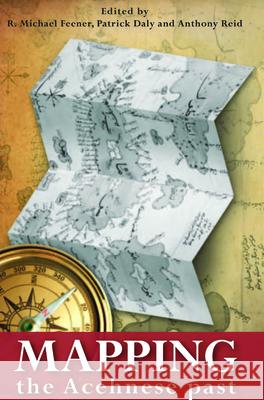Mapping the Acehnese Past » książka
Mapping the Acehnese Past
ISBN-13: 9789067183659 / Angielski / Miękka / 2011 / 316 str.
Aceh has become best known in our times for its twin disasters--the worst earthquake and tsunami of modern times in December 2004, and a long-running separatist conflict that rent Indonesia for most of its independent history. Although this book emerged from the process of recovery from those traumas, it turns the spotlight on a more positive and neglected claim Aceh has on our attention, as the Southeast Asian maritime state that most successfully and creatively maintained its independent place in the world until 1874. Like Burma, Siam and Vietnam, all better protected by geography, Aceh has its own story to tell of a unique culture struggling for survival through the European colonial era. Unfortunately the sources for this story are scattered, since Aceh's own records have not well survived the ravages of climate, civil war and eventual foreign conquest. To recover its cosmopolitan history an unparalleled range of sources and skills had to be brought together. Aceh's central role in the creation of Malay literature out of Arabic, Persian, Indian and Indonesian elements had to be explored with reference to texts surviving in a dozen world libraries (Teuku Iskandar, Amirul Hadi). The rich archeological record, neglected through the long years of conflict, had again to be brought into play (Daniel Perret), and the extensive relations of the Aceh sultanate with the Ottoman Empire (Ismail Goksoy and Ismail Kadı, Andrew Peacock & Annabel Gallop), Portugal (Jorge Alves), England (Annabel Gallop), and the Netherlands (Sher Banu and Jean Taylor) had to be explored, chiefly in European archives by experts in these respective fields. The result of this combined work in this volume is the most comprehensive picture so far of sources for the history of Aceh.











